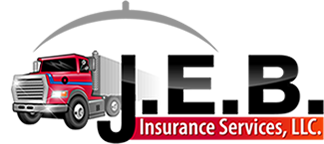When it comes to issues affecting commercial truck owner operators on a daily basis, one of the main ones is the state of America’s infrastructure.
The trucking industry loses $9.2 billion a year due to traffic congestion alone. According to CBS News, 32% of the major roads in the United States now urgently require repair, and 1 of every 9 bridges is “structurally deficient.” Ray LaHood, co-chairman of Building America’s Future, stated, “Our infrastructure is on life support right now.”
The trucking industry is undoubtedly more familiar with the problem than any other industry, considering the amount of hours drivers log. According to a 2014 survey conducted by the American Transportation Research Institute, the state of our roads ranks number 6 on the list of top concerns for truckers. Unfortunately, it doesn’t appear things will be improving anytime soon.
When the ATRI polled trucking industry shareholders about the best ways to improve the situation, 57% supported fuel tax increases as the optimal remedy. This at first glance seems surprising, but from an economic standpoint, it makes a lot of sense.
A more efficient and better maintained national transit system would improve the economy by creating jobs. It would also ensure cheaper transportation of goods by the trucking industry due to the decreased time required.
Owner operators of rigs would spend less time stalled in traffic jams or crawling through long winding detours. In addition, safer infrastructure would reduce the excessive wear and tear on commercial trucks caused by poorly maintained roads, as well as eliminate the horrendous possibility of accidents resulting from bridge collapses and other structural disasters.
The Congressional Budget Office maintains it would cost $129.2 billion a year to get our roads back to good condition. It’s a large price tag, but the costs it would save further down the road are a lot higher.
We know how to save you money on rig insurance in Florida as well as on the road.
For more information on cost saving ways to reduce your premiums, contact us.


